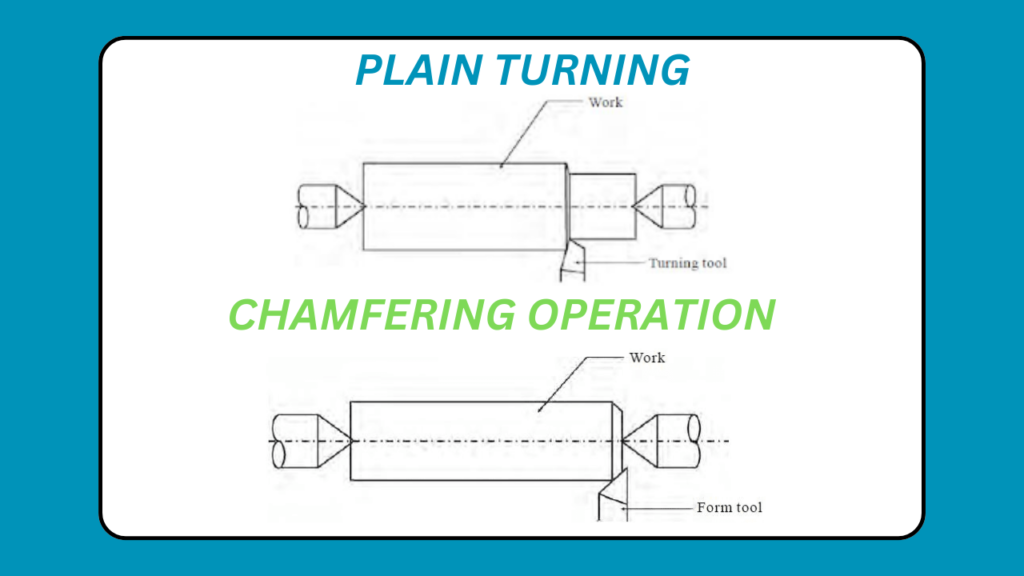
The domestic pump industry in India, valued at approximately 5000 crore INR, is a significant and growing sector. Mechanical engineers play a vital role in this industry, with opportunities spanning various domains. Each role offers unique responsibilities and contributes to the sector’s overall success. Here’s a detailed look at the different roles for mechanical engineers within this thriving industry:
- Design Engineer: Design engineers in the pump industry focus on creating and improving pump systems to enhance their efficiency, performance, and reliability. This role involves using computer-aided design (CAD) software to develop detailed models and simulations of new pump designs. Design engineers work on prototypes, conduct performance testing, and refine designs based on test results and customer feedback. Their work ensures that pumps meet industry standards and address specific application needs, such as varying pressures and flow rates. They also collaborate with other engineering teams to integrate new technologies and innovations into pump designs.
- Manufacturing Engineer: Manufacturing engineers oversee the production process of pump systems, ensuring that pumps are manufactured efficiently and meet quality standards. This role involves optimizing production methods, improving manufacturing processes, and troubleshooting any issues that arise during production. Manufacturing engineers work closely with production teams to streamline operations, reduce waste, and enhance productivity. They also ensure that manufacturing equipment is properly maintained and calibrated to achieve consistent product quality. Their goal is to balance cost, efficiency, and quality in the production of pump systems.
- Quality Control Engineer: Quality control engineers are responsible for maintaining high standards of quality throughout the manufacturing process. They develop and implement testing protocols to evaluate the performance and durability of pump systems. This role involves inspecting products at various stages of production, identifying defects or deviations from specifications, and ensuring compliance with industry standards and regulations. Quality control engineers work closely with design and manufacturing teams to address quality issues and implement corrective actions. Their efforts help ensure that pumps meet customer expectations and perform reliably in real-world applications.
- Sales Engineer: Sales engineers in the pump industry combine technical knowledge with sales skills to support the sales process and help customers select the right pump systems for their needs. They provide detailed product information, explain technical specifications, and address any questions or concerns that customers may have. Sales engineers often work directly with clients to understand their specific requirements and recommend suitable pump solutions. They may also be involved in preparing technical proposals, conducting product demonstrations, and providing after-sales support. Their role is crucial in bridging the gap between technical expertise and customer needs, driving sales, and building strong client relationships.
- Project Engineer/Manager: Project engineers and managers are responsible for overseeing pump installation and maintenance projects from start to finish. They coordinate between different teams, including design, manufacturing, and field service, to ensure that projects are completed on time and within budget. Project engineers handle the technical aspects of projects, such as developing installation plans, managing resources, and resolving technical issues. Project managers take a broader role, managing project timelines, budgets, and stakeholder communications. They ensure that projects meet client specifications and quality standards while addressing any challenges that arise during execution.
- Maintenance Engineer: Maintenance engineers focus on ensuring the reliable operation of pump systems throughout their lifecycle. They perform regular maintenance activities, such as inspections, lubrication, and adjustments, to prevent breakdowns and extend the lifespan of pumps. When issues arise, maintenance engineers diagnose problems, identify root causes, and implement corrective measures to restore functionality. Their role is critical in minimizing downtime, optimizing pump performance, and reducing operational costs. Maintenance engineers may also develop and implement maintenance schedules and procedures to ensure consistent and effective upkeep of pump systems.
- Research and Development Engineer: Research and development (R&D) engineers in the pump industry work on advancing technology and developing innovative solutions to improve pump systems. Their focus includes enhancing energy efficiency, increasing durability, and incorporating new materials or technologies into pump designs. R&D engineers conduct experiments, analyze data, and collaborate with other engineering teams to explore new concepts and refine existing technologies. Their work drives innovation in the pump industry, leading to the development of more efficient and effective pump systems that meet evolving industry demands and environmental standards.
- Consultant: Consultants in the pump industry provide specialized expertise and advisory services to various clients, including industrial, commercial, and municipal organizations. They offer guidance on pump selection, system design, and performance optimization based on their deep technical knowledge and experience. Consultants analyze client requirements, evaluate existing systems, and recommend solutions to improve efficiency, reliability, and cost-effectiveness. They may also assist with project planning, system integration, and troubleshooting complex issues. Their role involves staying current with industry trends and advancements to provide the best possible advice and solutions to their clients.
In summary, the domestic pump industry in India offers a broad range of career opportunities for mechanical engineers, each playing a crucial role in the sector’s growth and development. Whether working in design, manufacturing, quality control, sales, project management, maintenance, R&D, or consulting, mechanical engineers contribute to the industry’s success through their technical expertise and problem-solving skills. As the industry continues to expand, the demand for skilled engineers in these roles is likely to grow, providing numerous opportunities for career advancement and professional development.




